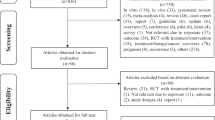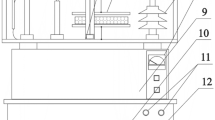Abstract
SEEING that a letter on the above subject has recently appeared in NATURE (October 23, p. 592), it may be of interest to place on record my experience this summer regarding pumpkins. Besides growing vegetable marrows, which, as it happens, have behaved quite normally this season, bearing an abundant crop, we usually put out a single pumpkin plant and manage, as a rule, to obtain from it one large fruit. For the first time, two plants were put out this year—a piece of good fortune, for one of these declined to produce a single female flower. I had it under strict observation the whole season. The other behaved normally, forming plenty of female flowers and ripening one fruit. The two plants grew side by side under identical conditions of soil and light. Pumpkins have been grown by me for the last six or seven years, and this is the first time a plant has been seen to behave in this way. I have never yet come across a completely male marrow plant.
This is a preview of subscription content, access via your institution
Access options
Subscribe to this journal
Receive 51 print issues and online access
$199.00 per year
only $3.90 per issue
Buy this article
- Purchase on SpringerLink
- Instant access to the full article PDF.
USD 39.95
Prices may be subject to local taxes which are calculated during checkout
Similar content being viewed by others
Author information
Authors and Affiliations
Rights and permissions
About this article
Cite this article
PARKIN, J. Sterility in the Vegetable Marrow. Nature 118, 697 (1926). https://doi.org/10.1038/118697c0
Issue date:
DOI: https://doi.org/10.1038/118697c0



